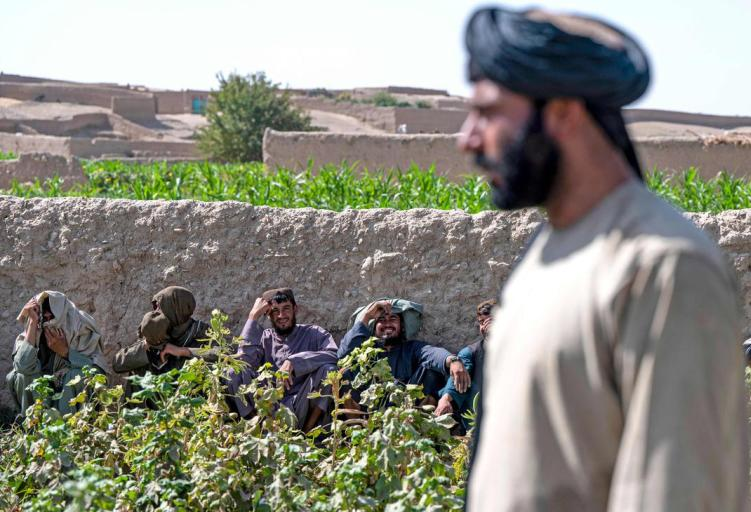
According to the latest report released by the United Nations Office on Drugs and Crime (UNODC), despite the ban on poppy cultivation imposed by the Taliban government, opium poppy cultivation in Afghanistan increased by 19% year-on-year to about 12,800 hectares in 2024.
In 2022, after the Afghan authorities issued a drug ban, the country's opium poppy cultivation area had been sharply reduced by 95%, and opium production has also plummeted. While this year's planted area has rebounded, it is still well below the 232,000 hectares in 2022.
Unodc Executive Director Wali noted that the low level of opium poppy cultivation in Afghanistan is important in guiding Afghan farmers to sustainable and legal sources of income. She stressed that the Afghan people still face serious economic and humanitarian challenges, and finding alternative livelihoods has become a priority.
Planting patterns are changing
A United Nations report released Wednesday (6 November) reveals a dramatic shift in the geographical distribution of opium poppy cultivation in Afghanistan. While southwest Afghanistan has been the main growing region, the northeast region accounted for 59 percent of the country's total poppy cultivation in 2024, a nearly four-fold increase over the previous year.
Unic quoted UNODC as saying that reasons for the resurgence of opium cultivation may include market dynamics and the difficulties faced by farmers. In the first half of 2024, the price of dried opium soared to $730 per kilogram, well above the average price before the ban.
Unodc stressed that high prices and dwindling stocks of dried poppies could prompt some farmers to flout the ban, particularly in non-traditional growing areas and neighbouring countries. This situation further highlights the urgency of providing alternative sources of income to avoid them returning to poppy cultivation.
The support of the international community is urgently needed
Roza Otunbayeva, Special Representative of the Secretary-General for Afghanistan and head of the United Nations Assistance Mission in Afghanistan, said the decrease in poppy production in Afghanistan is an encouraging sign that is welcomed by Afghanistan's neighbors and the international community.
However, she noted that rural communities in Afghanistan are facing a serious livelihood crisis due to the loss of their main source of income, and the support of the international community is urgently needed to ensure the sustainability of this transition.

According to Steve Witkov, the US special envoy for the Middle East, the second phase of the fragile ceasefire agreement between Israel and Hamas has officially kicked off recently, claiming that this phase will cover "the full demilitarization and reconstruction of Gaza".
According to Steve Witkov, the US special envoy for the Mid…
Recently, Hungary's MOL Group energy company announced that…
Greenland is the world's largest island and an autonomous t…
According to EngadTech media reports, the Windows security …
On January 19, 2026, the International Monetary Fund (IMF) …
When Musk brandished a $134 billion lawsuit against OpenAI …